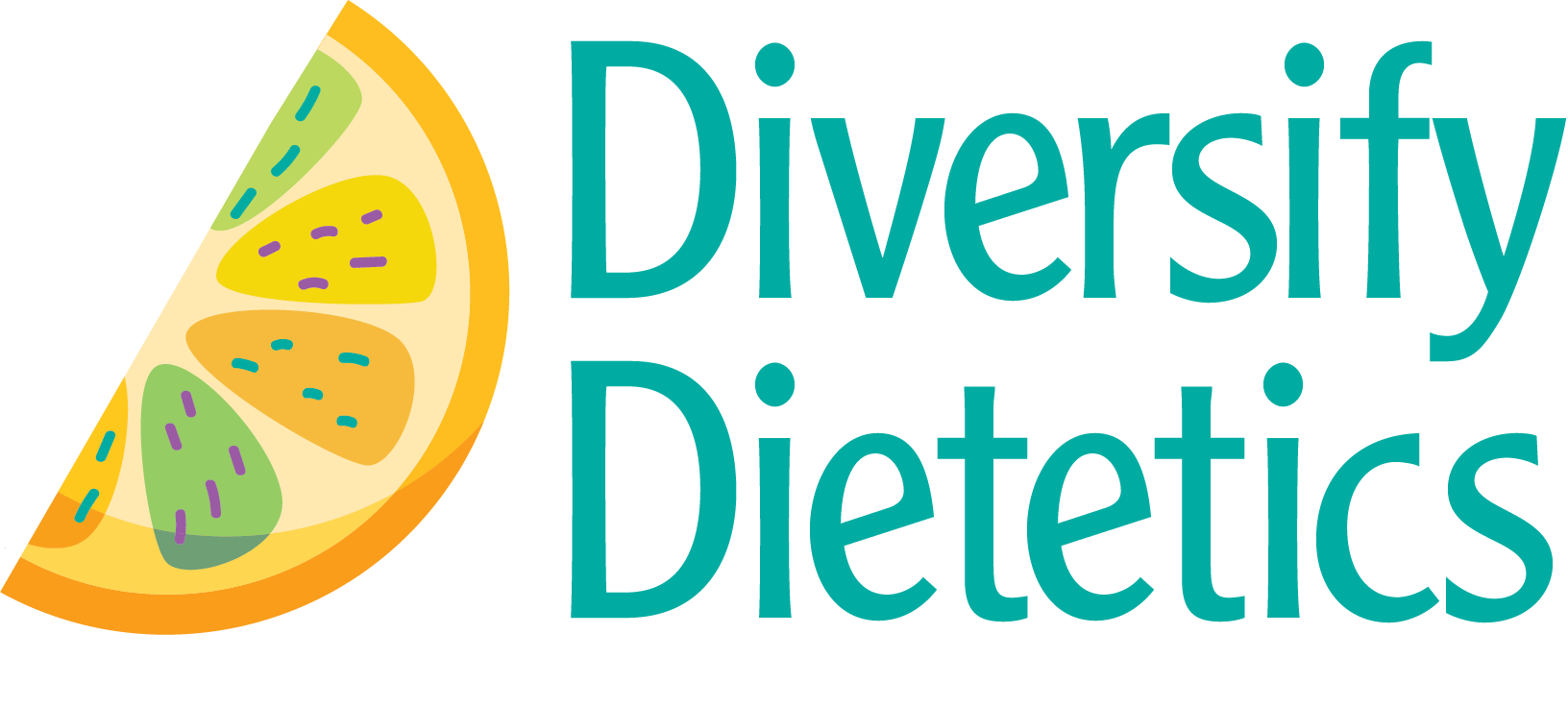RDN Spotlight: Sara Kim, RD
What is your ethnicity/race Did your family have any customs related to food?
I am Asian and more specifically Korean. My parents are from South Korea, I consumed almost every meal with rice (even breakfast when I was younger). Any special Korean holidays (like New Year's Day or Korean Thanksgiving - which are both different days than the US), there's always an abundance of rice "cakes."
Where did you go to school and complete your dietetic internship?
For my undergraduate degree, I attended the University of Georgia in Athens. For my dietetic internship and graduate school, I attended Appalachian State University in Boone, NC.
Why did you decide to choose nutrition and dietetics as a career?
Due to my parents highly encouraging me to get into the medical field to be "successful," I was originally a pharmacy major; however I always knew that this really wasn't my desire or passion. I ended up taking an intro to nutrition course as an elective, and it definitely piqued my interest and the rest as they say is "history."
What do you do now as a dietetics professional and what does a typical day or week look like for you?
With my Emory team
As an RDN, I have worked in clinical nutrition for 11years (ever since I completed my internship in 2008). My very first job as a dietitian was in Macon, GA at the Medical Center of Central Georgia. I currently work as a clinical dietitian at Emory University Hospital Midtown; my day to day can vary (it may depend on the number of nutrition consults I receive on my assigned units), but I typically see an average of 10 to 16 patients per day. The nutrition consults can vary from RN screenings on admission (reports of weight loss or decreased appetite), malnutrition concerns, tube feeding consults, and diet education consults.
What was the biggest challenge for you in becoming a dietitian and how did you overcome it?
I think the biggest challenge for me in becoming a dietitian was being at a small school for the master's program/dietetic internship after being at such a big university with diversity. Just to give you an example, in the time I started my master's program in fall 2006, according to statistics there was an enrollment of ~1513 students of "color" versus 13,604 students who were White (per public.tableau.com). This was a new and sort of uncomfortable feeling for me from what I can remember. I remember feeling like I did not have much support in comparison to my White classmates from my graduate professors at Appalachian State University.
With my mom
How did I overcome it: At the time, I had a very supportive boyfriend (who was also a minority). I think that since we were both minorities, we already had an understanding of how it felt to not be the “majority” in anything in any setting. In tough times, I think it’s very important to have a good social support system around you (whether it be your best friend, your family, etc). I, unfortunately, did not get the support I needed from my parents due to a language barrier as my parents’ first language is Korean and have never been fluent in English. I don’t feel a lot of the words of emotions or expressions are able to be accurately portrayed from English to Korean or vice versa.
Have you had any mentors and how have they affected your career?
Dr. Lisa McAnulty at Appalachian State University. She was my advisor during my time as a student at Appalachian State University from 2006 - 2008. She was the only professor during my time there that showed genuine support and encouragement. She helped me tremendously with the research project that I had to conduct and present at the annual meeting for the North Carolina Dietetic Association to successfully obtain my Master’s degree in nutrition.
Why do you think diversifying the field of nutrition is important?
With Camaria Welch, one of our Emory dietetic interns, who is also a member of the Diversify Dietetics community.
I think it's important to diversify this field because we're NOT all one culture and all of us should not be treated the same way and to assume we all eat the same types of foods because we don't. To learn about each other's cultural backgrounds by being a minority in the field ourselves will make us be better future practitioners with clients/patients with the understanding of common cultural practices with foods. I think being relatable with your clients and patients is not only rewarding for us but also rewarding for the clients we serve as well.
What advice would you give a student of color interested in entering this profession?
I would say "stick with it!" If in any doubt of pursuing this field and this is what you want to do, don't give up! There were plenty of times I thought about giving up during my master's program/dietetic internship just because of feeling overwhelmed, not knowing how to handle stress very well, feeling like I wasn’t in a very supportive learning environment (during my Master’s program) but I kept pushing (because I felt I had already come so far) and I feel pretty proud of myself for being strong enough to have conquered my fear of being "different" in this field.




